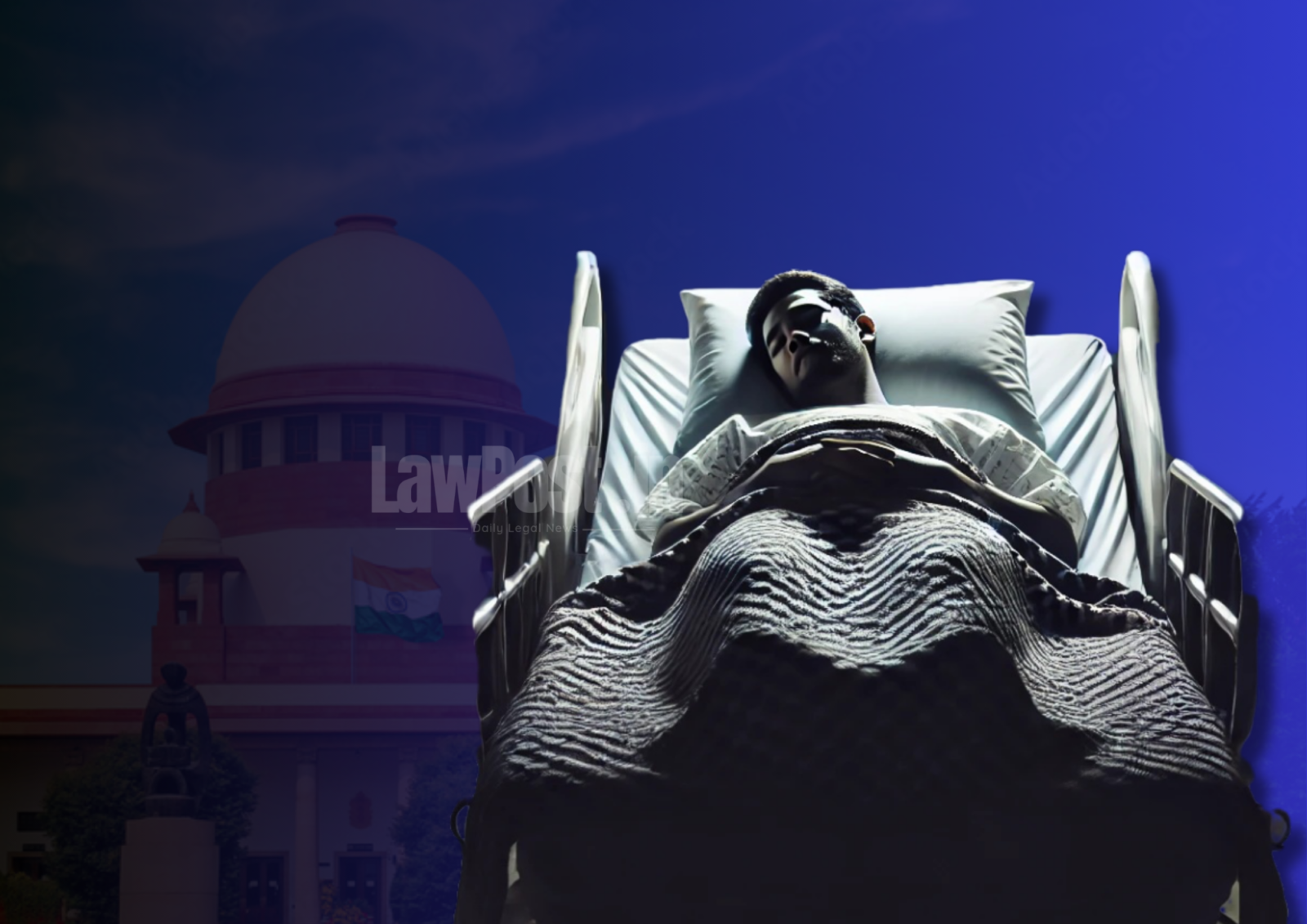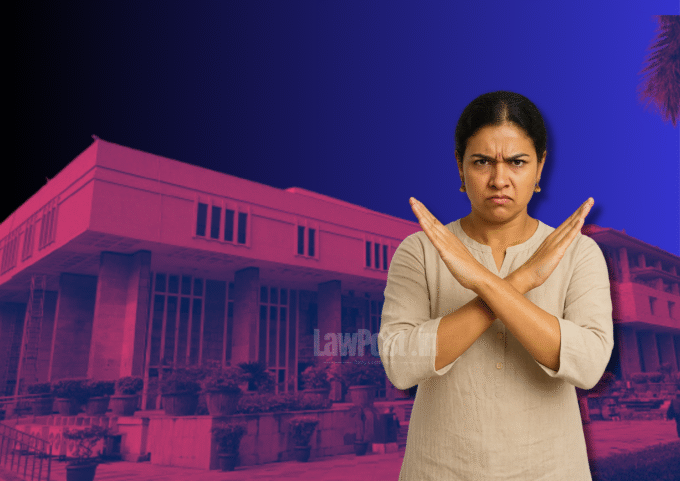In a historic move, Karnataka has become the second state to implement the Supreme Court’s ruling on the right to die with dignity. The state government has ordered the establishment of medical boards in hospitals to process requests for the withdrawal of life-sustaining treatment based on living wills of terminally ill patients. This follows the 2023 Supreme Court decision that recognized the right to die with dignity as part of the right to life under Article 21 of the Constitution.
State Health Minister Dinesh Gundu Rao announced on January 31 that a circular was issued to set up primary and secondary medical boards in hospitals, ensuring that requests for dignified deaths are reviewed carefully. The medical boards will assess requests from the nearest relatives of terminally ill patients who wish to execute their living wills and withdraw life support when recovery is impossible.
“This move will greatly benefit individuals who are terminally ill or in a persistent vegetative state, where life-sustaining treatments offer no real hope of recovery,” said Rao, describing the decision as a significant step forward for compassionate healthcare.
A living will or advance medical directive (AMD) is a legally recognized document that allows individuals to state their wishes regarding medical treatment in the event they become unable to express them due to severe health deterioration. The Supreme Court had previously ruled in 2018 that the right to life under Article 21 includes the right to live with dignity, which extends to the process of dying. The Court’s 2023 ruling streamlined the process, eliminating the requirement for a Judicial Magistrate First Class (JMFC) to validate a living will, stating that attestation by a notary or a gazetted officer is sufficient.
Karnataka’s initiative comes after Kerala implemented similar measures. The state health department’s new guidelines will allow patients to record their preferences about medical treatment in advance, providing a sense of closure and dignity for families facing difficult decisions.
The decision follows the Supreme Court’s directive for the establishment of medical boards to process living wills. The Court has emphasized that medical professionals should ensure that such decisions are handled with compassion and in accordance with the law, safeguarding the rights of individuals while ensuring ethical healthcare practices.








